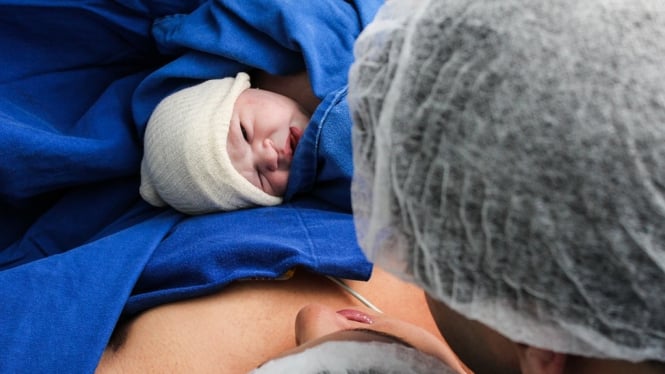The figures testify to the commitment of Grenoble Alpes Métropole. “Over the mandate, €1.6 billion will be committed to several schemesattests Pierre Verri, vice-president in charge of air, energy and climate. The climate and resilience law obliges cities with more than 150,000 inhabitants that do not meet air quality thresholds to implement low emission zones. As early as 2019, the Métropole de Grenoble had set up a ZFE for light commercial vehicles and heavy goods vehicles, and which is already producing results: in 2020 and 2021, we fell below the thresholds set by European criteria. A budget of €27 million was voted for conversion aid with a view to the generalization in Grenoble of the ZFE to all vehicles. At 1is July 2023 for the Crit’Air 5, then 2024 for the Air Quality Certificates 4 (CQA4) and 2025 for the CQA3. » 13 of the 49 municipalities of the Metro will be affected by this provision, i.e. 78% of its population.
Projects
The Metro’s energy master plan provides for a 40% reduction in its energy consumption by 2030. An objective that involves the energy renovation of buildings with the Mur Mur aid system for individuals (€2.8 million per year), condominiums and SMEs/VSEs. “The Métropole was the first in France to adopt a climate plan in 2004. Today, with our Air Energy Climate Plan, we support local authorities by signing a charter incorporating a set of regulatory recommendations. 17 municipalities signed it at the end of 2021. The Lighting Development Plan (SAL) allows communities to be supported in achieving energy savings on public lighting with the switch to LED. “By 2035, if all municipalities implemented the SAL, €54 million in savings could be made per year. »
In terms of energy renovation, several projects are underway, such as the expansion and complete renovation of the Métropole building for an overall budget of €80 million. By 2026, the Forum, located rue Malakoff, will accommodate all 1,100 agents of Grenoble Alpes Métropole. Or the ongoing construction of the new household waste incineration plant, Athanor, aimed at supplying the heating network (approximately €200 million). “We also want to multiply by six the production of solar energy during the mandate. » Important investments which for the moment have had no impact on the taxpayer. “Companies’ property tax represents the biggest income, around €105 million per year, supplemented by the margins generated thanks to our investments in the energy renovation of buildings and public lighting, ie savings in operating costs. The Metro has not yet suffered from the rise in energy prices, but by the end of the year, certain public contracts will have to be renewed. »
S. So.
–


